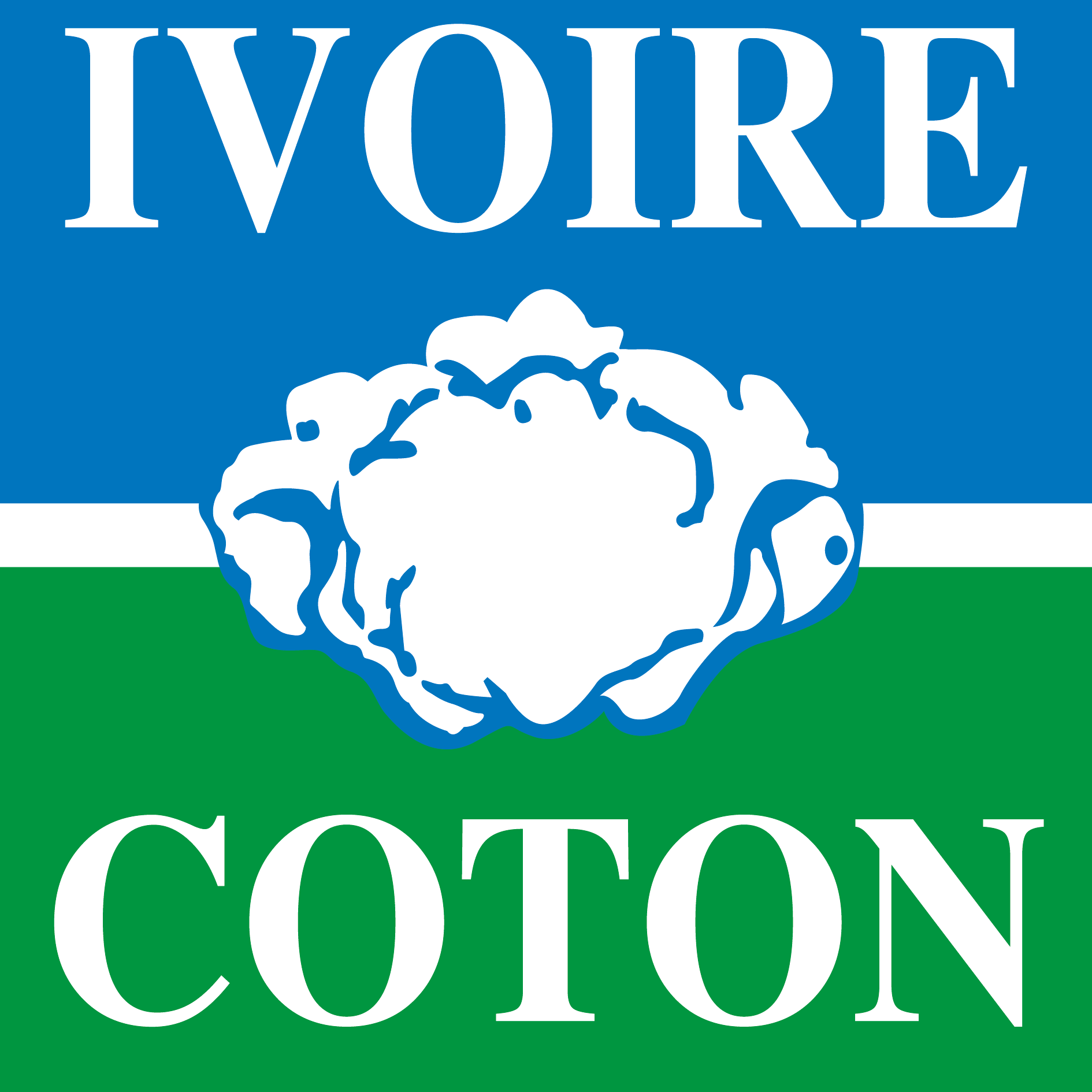
Ivoire Coton has just had its CmiA (Cotton made in Africa) certification renewed for the 2023/2024 and 2024/2025 seasons.
Ivoire Coton has held the CmiA label since its creation in 2005, and was the first West African company to be CmiA certified.
This certification is obtained in accordance with specifications that require an agricultural audit and an industrial audit. Strict monitoring is done every two years to determine whether or not certification should be renewed.
At the heart of the "Cotton made in Africa" initiative is the CmiA standard, with its many sustainability criterias. Compliance with these guidelines is regularly monitored by independent organizations. The criterias catalogue is structured on two levels:
- Firstly, it defines exclusion criterias for deciding whether small farmers and cotton companies can participate in the "Cotton made in Africa" program. These minimum requirements include among others, the prohibition of slavery, human trafficking, all forms of exploitation of child labour and the deforestation of primary forests. In addition, the use of dangerous pesticides and genetically modified seeds is prohibited.
- Secondly, smallholders and cotton companies producing cotton in accordance with the "Cotton made in Africa" criteria must comply with a series of sustainability indicators. Not all of these criteria need to be 100% met from the outset. But farmers and cotton companies must prepare improvement plans and demonstrate that they are striving to meet the criteria in full.
The mission of the CmiA label is to improve livelihoods, promote sustainable development, protect the environment and guarantee a better future for the coming generations.
To achieve this, CmiA has put in place a quality assurance system for buyers, a mechanism for monitoring production, evaluating and learning new practices, training for producers. and capacity building of those involved in implementing the standards.
This sustainable certification label covers around 40% of African cotton production (source Comodafrica September 2023), and is requsted by many textile companies in Europe and Asia, because the conditions that prevail in Africa make cotton attractive (hand picking, very good water footprint, low carbon footprint and GMO-free).
Added to this is the CmiA Supply Chain service, which is highly appreciated by many of our customers, helping them to integrate cotton seamlessly into their textile chains. CmiA's monitoring system guarantees traceability.
CmiA-certified cotton therefore has its own market and is just as legitimate as BCI-certified cotton; demand is strong, so the two standards can coexist without putting African cotton at a disadvantage.
Furthermore, CmiA can benefit from the commercial success of the new standard for sustainable cashmere (The Good Cashmere Standard®), as many brands now know of CmiA thanks to the demand for sustainable cashmere raw materials and then use cotton in their value creation chains.
